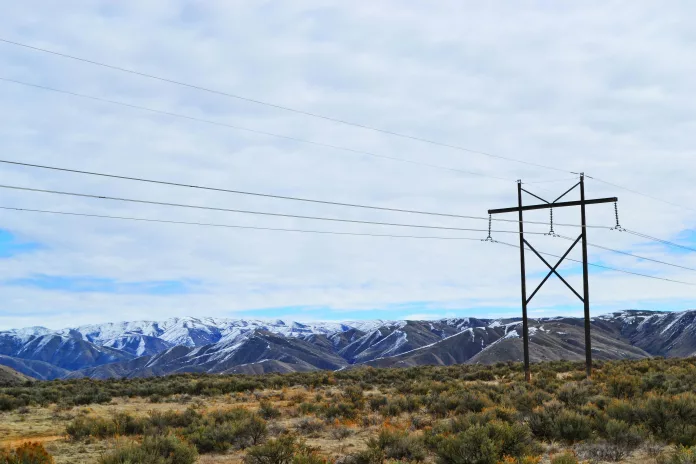Ensuring round-the-clock electricity availability is crucial for powering our daily lives, and there’s considerable effort that goes into maintaining such reliability. In the quest for a clean energy future, one pertinent question often arises: Can we trust a renewable energy-based grid to be just as reliable?
Paul Denholm, from the National Renewable Energy Laboratory (NREL), answers this vital question affirmatively. Denholm, with nearly two decades of experience in grid analysis, stands confident in the ability of renewables to support a dependable power supply.
Decoding Grid Reliability
NREL has harnessed insights about renewables’ role through dedicated research, revealing no intrinsic barriers to their reliability support. To help those invested in the energy sector, NREL crafted a suite of materials aimed at decoding the intricacies of grid planning. Their resources encompass a variety of topics, from current grid dependability to preparing for future reliability demands in the face of transitioning energy sources.
Key Points on Power Grid Reliability
Here are some unexpected truths that emerge about the U.S. grid’s reliability:
- With an impressive 99.95% reliability score, the U.S. grid rarely lets its consumers down, averaging less than five-hour power losses annually.
- Local distribution networks, not the bulk power system, are the typical culprits behind outages, with disruptions usually occurring close to home.
- Fail-safe grid design allows seamless operation even when individual components fall short, courtesy of a strong backup and alternate pathways infrastructure.
- Generation shortages are a rarity – the U.S. often boasts a surplus of power, even during temperature extremes, thanks to a well-connected inter-state grid.
- 2021 and 2022 saw major blackouts due to unprecedented cold weather straining various generating apparatus, most notably affecting natural gas resources.
- Reliability standards are upheld through meticulous regulations, ensuring enough replacement generation precedes the retirement of any power plant.
- Reliability future is gleaming with solar power and energy storage set to cover peak demand scenarios, especially during sweltering summer afternoons.
- Some regions, such as California and Texas, routinely operate with high wind and solar energy fractions, demonstrating successful reliability management.
- Fossil fuel plants are pivoting from constant to contingency sources, thereby supporting deep decarbonization while preserving grid dependability.
- With utilities plotting deeply decarbonized futures, wind and solar integration becomes integral to their business models while adherence to reliability remains paramount.
Looking Ahead: A Reliable and Renewable Grid
The grid of tomorrow may contrast with today’s framework, but one thing remains constant – the commitment to the reliable electricity essential to our modern existence. Renewable energy, far from being a hindrance, is actively shaping a resilient and sustainable electrical infrastructure for future generations.

























